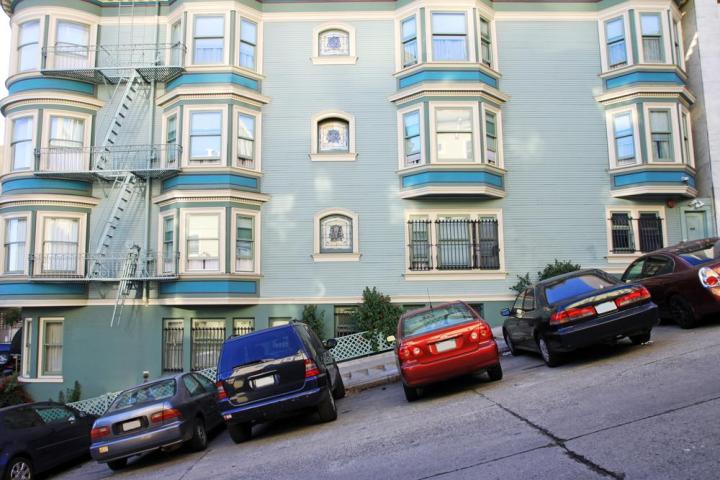
Ride-sharing startups like Uber and Lyft continue to navigate their way through a tangle of regulations in various cities around the world, and apartment-sharing firm Airbnb also has its fair share of obstacles to deal with. Parking-space auction service MonkeyParking, however, is having a much harder time of it, on Wednesday caving to pressure from San Francisco authorities to halt its app-based service there.
In a post on the startup’s blog, the Rome-based firm said it had “temporary disabled” the app’s functionality in response to a letter from San Francisco City Attorney Dennis Herrera, who claims the service is illegal. MonkeyParking says it’s currently reviewing its operation “to clarify our value proposition and avoid any future misunderstandings.”
Bid for a space
MonkeyParking’s iOS-only app enables a driver in a space to notify other drivers of their parking location and planned departure time. The space is offered to the highest bidder, with most sold for between $5 and $20. The winner of the auction simply turns up at the specified time and takes the space as the other driver leaves.
However, the service, which has been offered in only San Francisco and Rome for just a few months, recently caught the attention of Herrera, who warned MonkeyParking in a cease-and-desist letter that “buying, selling or leasing public on-street parking” is prohibited by local law. He also asked Apple to remove the free app from the iTunes store, though at the time of writing it’s still there.
Legal threat
Herrera ordered MonkeyParking to stop operating in San Francisco by July 11 or face legal action. The startup responded by suspending its service on July 10.
Hunting down a public parking space in a big city is, of course, a source of great frustration for many drivers. With this in mind, MonkeyParking said it wanted to help drivers avoid having to constantly circle the block, “turning a random parking process into a predictable one, saving people time while also reducing traffic congestion and generated pollution.”
The startup closed its post with a hint that its service could at some point resume in San Francisco, which means it may be seeking talks with the authorities to find a solution.


